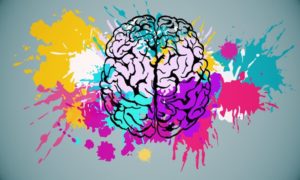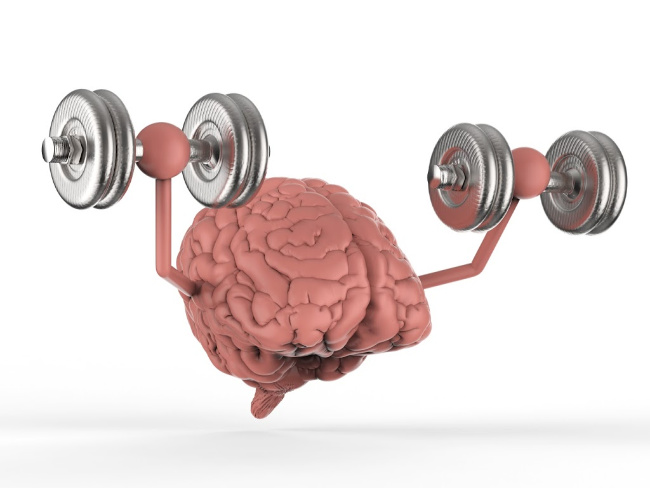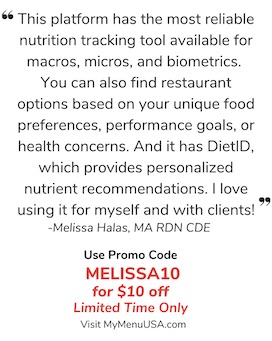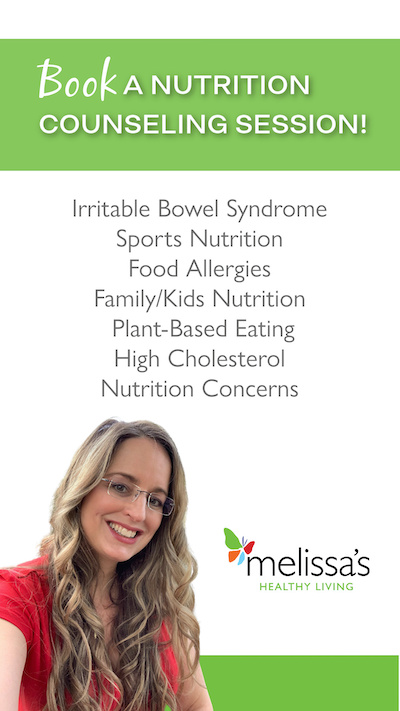
You may be an expert on any one of the following: taking care of your heart and core body strength by working out regularly, cooking right, and eating healthy. But what about your brain? Here are expert tips to support your brain at any age to maximize your daily performance!
Whether you just turned 20, you’re entering midlife, or are enjoying retirement, there’s always room to feel better and support your brain! Although aging is a natural process, inevitable, and nothing to fear, it comes with both perks and problems. With wisdom, personal growth, and insights come new aches, pains, and concerns. And as we age, we have more responsibility and personal and/or professional demands that can cause brain drain just by sheer demand. Practicing good health means taking care of your brain, too.
Luckily, there are strategies to support your brain at every age! I asked Dr. Nicole Avena, Ph.D., a research neuroscientist, and Dr. Gary Small, M.D., a brain health expert, to share their expertise on the changes that occur in our brains during different life phases and steps we can take to support our brain health. We first spoke with Dr. Avena.
What can we do in the first few decades of our lives to support our brains?
Dr. Avena: Brain health is important at every age. We tend to only think about it in babies when we are trying to promote optimal brain development for learning, and in old age, when we are concerned about keeping our brains sharp. But there are things we can do to support brain health at any age. For example, in our 20s, 30s, and 40s, it is important to:
- Eat right to get crucial nutrients to stay sharp and focused and to support our brains and bodies.
- Sleep – to allow our brains to restore and revitalize.
- Try new things – it makes a big difference! Engaging with a new puzzle, game, activity, exercise, or anything different from our norm is important to improve communication among the synapses in our brains. Believe it or not, our brains function better when we challenge them with new ideas and activities!
Do you have any thoughts/tips for getting into a food routine and doing other things in daily life that help brainpower?
Dr. Avena: It’s all about establishing good habits, and that starts with getting into a good routine for health. Tips to try include:
- Meal plan – If you plan out your meals ahead of time, you will make better food choices and won’t get caught in a pinch having to rely on take-out or overly processed foods.
What can we do to support our brain health throughout our lifespan?
Dr. Small: Living a healthy lifestyle (regular physical exercise, mental stimulation, stress management, balanced diet) will support brain health.
At what point do you recommend supplements, and how do you think they can fit into a healthy lifestyle?
Dr. Small: Every two out of three Americans take dietary supplements, and supplement users tend to live healthy lifestyles by exercising, avoiding cigarettes, and eating nutritious diets.
Concerns about risks and limited evidence of brain benefits of supplements have led to disagreement among experts about the effectiveness of supplements. However, this is why it’s so important for people to remember that not all supplements are created equally. In order to be an educated consumer, you have to do some homework and choose supplements with science-backed ingredients. Fortunately, recent research suggests promise for several dietary supplements that may support brain health as we age.
Here are some things to consider when deciding on which form or brand of supplement to take:
- Get accurate information about brand reliability, effectiveness, and potential side effects.
- Consult with professional sources such as a knowledgeable pharmacist, physician, or dietitian, and tap into additional resources from the National Center for Complementary and Alternative Medicine (nccam.nih.gov).
- Get individualized supplement guidance from a medical professional, like a physician, who knows your health history and any pre-existing health issues, to avoid adverse effects and optimize benefits. For example, someone may experience cognitive deficits due to low vitamin D levels, but overuse of this fat-soluble vitamin could develop digestive or kidney problems.
Do you have any thoughts/tips to get in a food routine, and practicing other habits in your daily life that help brainpower?
Dr. Small: It’s never too early or too late to start living a brain-healthy lifestyle:
- Include a balanced diet (healthy carbs, proteins, and fats at each meal)
- Increase physical exercise (aim for at least 20 minutes each day)
- Practice stress management (try guided meditation using apps that you can download on your phone)
- Include mental stimulation (conversations with friends can give your neural circuit a workout)
The key is to begin these behaviors and transform them into habits. The first step is understanding the connection between behavior and healthy aging, which will make you think twice about opting for that donut snack instead of an apple. The next step is starting an easy and fun program, like taking a walk every day or playing a sport you enjoy. Try engaging in these activities with friends and have a healthy meal afterward.
What are your thoughts on brain training?
Dr. Small: People often ask if our computers and handheld devices worsen or improve brain function. The answer is both – when they distract us, they interfere with memory, but we can pick and choose what we commit to memory and use our gadgets to look everything else up online.
Recent research shows that certain computer programs and games can train and improve specific cognitive functions.
- Functions range from multi-tasking skills to short-term memory, reasoning, and reaction time.
Get excited to plan and take action to take care of your brain!
Now that you have some clear steps ahead of you to support your brain, plan them so they don’t become disappearing intentions! Follow these steps:
- Take out your to-do list and calendar, and goal set your way to a brain boost.
- Frame your goals in a positive light to make your goals that much more attainable.
- Start using speech such as: “I create, I enjoy, I choose, I can, I have better brain health.” With this positive mindset, take a look at the tips above for ideas of what to focus on first.
And if you missed it, see our last post How to Support Your Brain Health.





